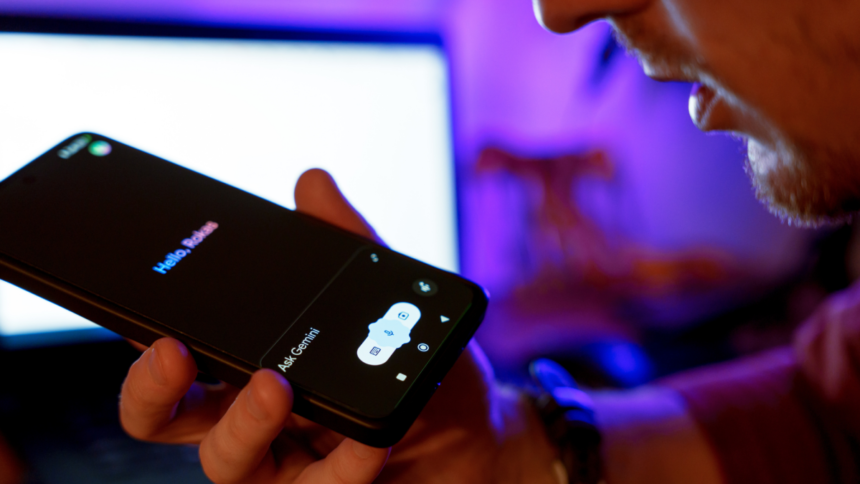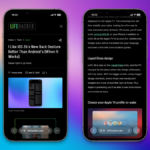The Transition from Google Assistant to Gemini: What You Need to Know
In the realm of digital assistants, two names dominate the conversation: Siri and Google Assistant. While Siri epitomizes the Apple experience, Google Assistant has become a staple for Android users (although it’s available on iPhones as well).
However, the landscape is shifting quicker than anticipated, as Google recently declared in a blog that a transition from Google Assistant to Gemini is on the horizon. This move will begin in the coming months, ultimately phasing out the beloved assistant across most devices within the year. This shift will not only affect the integrated assistants found on Android devices but also the app downloads available for iOS users.
So, what has prompted this quick departure from Google’s virtual assistant? The emergence of a new contender that is stirring the pot, regardless of its readiness.
Farewell to Google Assistant
For those unaware, Google is fully committed to Gemini, their latest generative AI assistant. Formerly known as Bard, Gemini acts both as a generative AI system, similar to OpenAI’s GPT technology, and as an assistant like ChatGPT. This means that Google can position Gemini not only as a robust assistant for typical tasks but also as an evolving platform that incorporates the latest advancements in AI. As technology companies race to innovate, Gemini benefits from continual upgrades, a luxury that Google Assistant lacks.
For those who find generative AI less appealing or have reservations about Gemini’s reliability, this recent update may come as a disappointment. Yet, it’s important to note that Google has hinted at such a direction for a significant time. With its launch, the company has been progressively rolling out Gemini, encouraging users to test it as either a built-in feature on Android devices or as a standalone application. In fact, Android users quickly gained the ability to substitute Google Assistant for Gemini, despite the latter initially lacking fundamental assistant functionalities such as setting alarms or syncing with calendars. For a while, Google Assistant remained the go-to option for comprehensive assistance.
However, this status was not destined to last. Google has steadily enhanced Gemini’s capabilities while intentionally limiting the features of the legacy assistant. Since over a year ago, the company has begun to strip down Google Assistant, and it continues to do so.
Reasons for Replacing Google Assistant with Gemini
From Google’s perspective, Gemini represents a more advanced solution. It introduces capabilities that were previously absent, such as song playback and timer settings, while integrating cutting-edge AI features. For example, Gemini Live enables the assistant to utilize your camera to provide context-aware responses, and Deep Research employs reasoning models to tackle problems step-by-step. With support for more than 40 languages across over 200 nations, Gemini is becoming as accessible as Google Assistant once was.
This transition aligns with the standard practice of technology advancement: newer systems replace older ones. However, challenges persist within the realm of generative AI, and Google has faced difficulties in addressing these concerns. Although assistant capabilities are being folded into Gemini, reports indicate that users still experience difficulties with basic functionalities, such as launching specific apps or adjusting smart home devices.
The only devices exempt from this transition are those that do not meet the requirements for Gemini, specifically those with less than 2GB of RAM and operating on Android 9 or earlier. To continue utilizing Google Assistant into 2026, you would likely need an outdated Android device.












